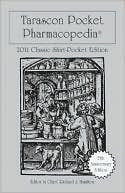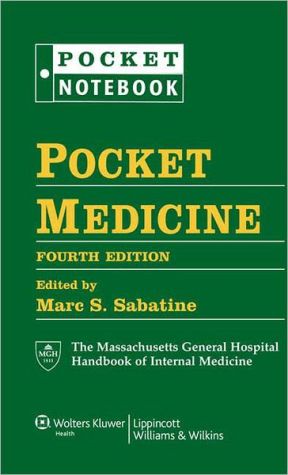The Discovery of the Asylum: Social Order and Disorder in the New Republic
This is a masterful effort to recognize and place the prison and asylums in their social contexts. Rothman shows that the complexity of their history can be unraveled and usefully interpreted. By identifying the salient influences that converged in the tumultuous 1820s and 1830s that led to a particular ideology in the development of prisons and asylums, Rothman provides a compelling argument that is historically informed and socially instructive. He weaves a comprehensive story that sets...
Search in google:
ForewordIntroduction to the 1990 Edition1The Boundaries of Colonial Society32Charity and Correction in the Eighteenth Century303The Challenge of Crime574The Invention of the Penitentiary795Insanity and the Social Order1096The New World of the Asylum1307The Paradox of Poverty1558The Almshouse Experience1809The Well-Ordered Asylum20610The Legacy of Reform23711The Enduring Institution265Bibliographic Note299Notes313Index369
\ From the Publisher“[A] useful contribution to a growing body of literature on social deviancy in our early history.” —Ernest Cassara, American Quarterly “David Rothman’s Discovery of the Asylum is an important book. . . . [I]ts substance and scholarship indicate once again the priority of history over social science. Rothman’s analysis of the historical foundations of the asylum is far more compelling and cogent than any known attempt to posit a social or psychic basis. . . . Rothman connects the rise of the asylum with the spread and promulgation of the idea that the best way to treat criminals, paupers, orphans, and the aged—as well as the insane—was to put each category in huge buildings whose architecture had been contrived to promote the values of order, hierarchy, and fixity. . . . Rothman’s carful consideration of the impact of restoration sentiments on the buildings of the asylum, and on its routine philosophy and chosen therapy, is excellent. Sociologists interested in some of the actual reasons for the existence of such places should be sure to read The Discovery of the Asylum.” —David Matza, American Journal of Sociology “David J. Rothman’s prize-winning book. . . aims directly at our awareness of the origins and development of America’s major institutions of social control. . . . Rothman reminds us that institutionalization of deviants and dependents as a primary solution to crime, poverty, delinquency, and insanity is a relatively recent historical development. . . . It was not until the 1820s that noninstitutional care of dependents and deviants gave way before the rise of the asylum. . . . Rothman’s book. . . has become the first volume to which we must refer students of crime, poverty, and deviancy in antebellum America.” —Jack M. Holl, The William and Mary Quarterly “In a book that is simultaneously a work of history and social criticism, David J. Rothman presents an interpretation of American society during the first half of the nineteenth century that is both provocative and disturbing. . . . [T]his book. . . has many shrewd and brilliant insights.” —Gerald N. Grob, Political Science Quarterly “Sharply critical of the so-called humanitarian reforms of the nineteenth century, [Rothman]. . . asks why during the Jacksonian era the deviant and dependent classes were taken out of the family and community and placed in newly built asylums: penitentiaries for criminals, hospitals for the insane, almshouses for the poor, orphanages for homeless children, and reformatories for delinquent minors. . . . In documenting the deterioration of therapeutic institutional practices Rothman makes inroads into American social history. . . . [I]n disputing the traditional view of social reform, he will force many historians to rethink their own positions on some important questions.” —Norman Dain, The Journal of Southern History “This important work is a history of the rise from non-institutional beginnings of institutional approaches to four kinds of deviance: crime, poverty, insanity, and juvenile delinquency. . . . It is a bold effort to reformulate the history of “Jacksonian” America.” —James M. Banner, Jr., The Journal of Interdisciplinary History “[A] genuinely valuable contribution to social history and is recommended reading for anyone interested in any aspect of nineteenth-century America. . . . [H]is story is told well and. . . is extremely revealing of American attitudes—both in the nineteenth and in the twentieth centuries.” —George H. Daniels, The Journal of American History\ \ \ \ \ BooknewsA classic in American social history, first published in 1971, asks why Americans, beginning in the 1820s and 1830s simultaneously and confidently constructed prisons, insane asylums, reformatories, and almshouses to confine and treat their deviant and dependent population. In a new introduction, Rothman examines this core concern of European and American social history and analyzes the many answers that have been proposed. Annotation c. Book News, Inc., Portland, OR (booknews.com)\ \








![Taber's Cyclopedic Medical Dictionary [With DVD] Taber's Cyclopedic Medical Dictionary [With DVD]](/application/data/covers/56/01/9780803615601.jpg)